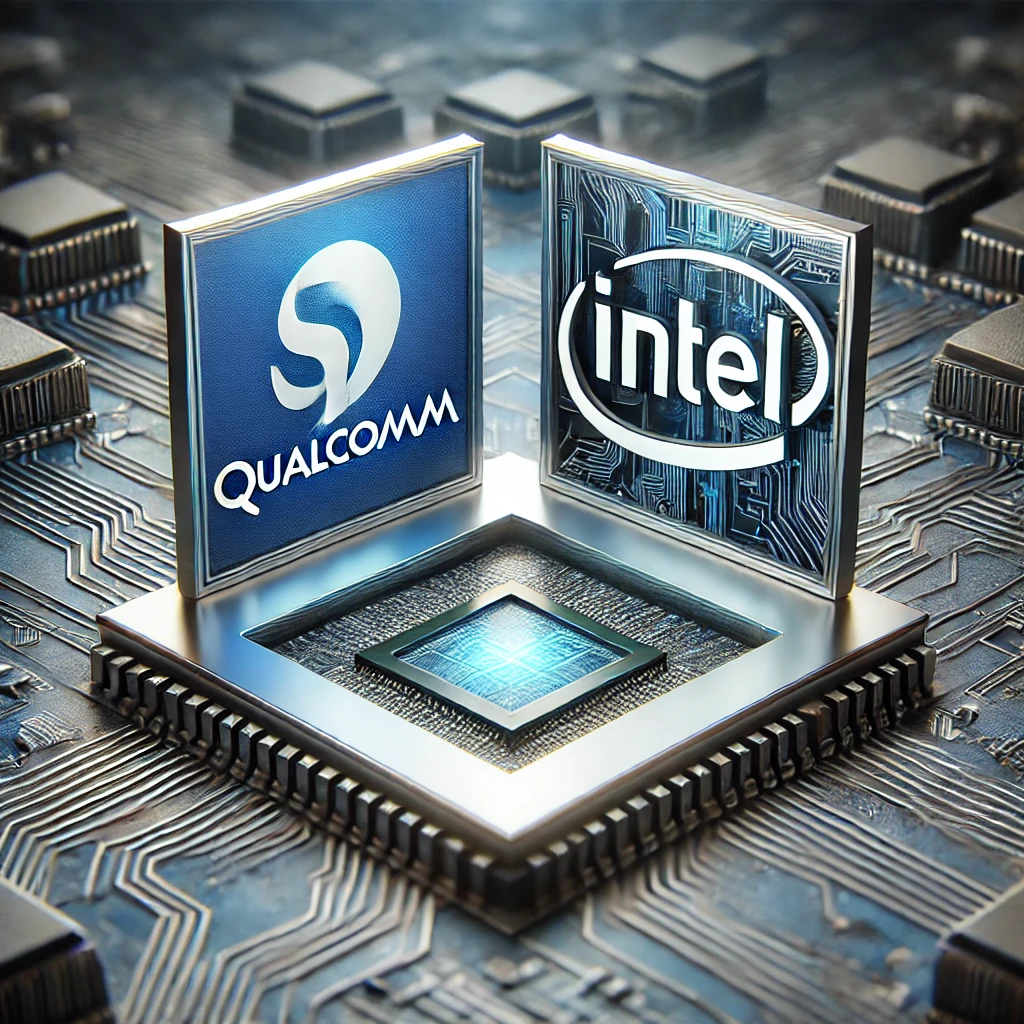Qualcomm is reportedly exploring the acquisition of portions of Intel’s chip design business in what could mark a significant shake-up in the semiconductor industry. Though no official confirmation has been made from either company, the potential deal highlights the shifting dynamics of both Qualcomm’s ambitions and Intel’s current challenges.
Intel has traditionally dominated the PC chip market, but the company has been facing internal struggles in recent years. With its business focused on turning around under new leadership, Intel has made efforts to restructure and realign its operations. One of the major initiatives has been the development of five new semiconductor nodes within a tight four-year window. Intel’s efforts to remain relevant in the rapidly evolving tech world have seen them maintaining an essential role in CPU design for data centers, despite lagging behind competitors in the AI chip market.
At the same time, Qualcomm, known for its dominance in smartphone chipsets, has been quietly expanding into the PC space. This includes its launch of the Snapdragon Elite chip series, which is designed to compete with Apple’s M-line chips by offering high performance and power efficiency for Windows laptops. Qualcomm’s interest in Intel’s design business likely stems from its desire to gain a stronger foothold in the PC market, particularly as the growth in smartphone sales has slowed.
Body of Homeless Woman Found in Suitcase in Huntington, New York
Intel’s recent release of its second-generation Core Ultra chips, which are positioned as a direct competitor to Qualcomm’s new offerings, suggests that Intel is still investing in its PC chip business. However, the idea that Intel might sell off parts of its chip design operations raises questions about its future strategy.
While the potential acquisition remains speculative at this point, it would represent a significant shift in the semiconductor landscape, creating new opportunities for Qualcomm to diversify and cement its place in the broader computing world. Both companies stand to benefit, with Intel potentially alleviating some of its internal pressures and Qualcomm accelerating its entry into the competitive PC market. If the deal proceeds, it could redefine the chip industry’s competitive environment for years to come.






























